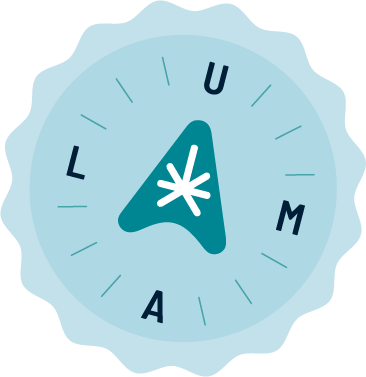

A movement disorder specialist is a neurologist with advanced training in diagnosing and managing conditions that affect body movement, including Parkinson’s disease, essential tremor, dystonia, and Huntington’s disease. These specialists are key partners in helping individuals maintain mobility, function, and quality of life.
Suppose you or a loved one is experiencing tremors, muscle stiffness, coordination issues, or difficulty walking or speaking. In that case, a movement disorder specialist can provide targeted care. They are uniquely equipped to assess, treat, and support individuals with complex neurological movement symptoms.
LumaLink provides instant, personalized guidance to help you connect with trusted specialists in Parkinson’s, essential tremor, dystonia, and other movement-related conditions.
Chat with Luma now via voice call or text chat for referrals, therapy options, and expert support navigating care.
Disclaimer: LumaLink is not a pharmacist, doctor, therapist, or medical provider. Always consult a licensed neurologist or healthcare professional for diagnosis, treatment, or care planning related to movement disorders.
Discover Effortless Conversations

Luma is a voice- based assistant, not a live person. Call or message her and say what you need, just like talking to a friend.
Behind the scenes, our team of professionals has already vetted every provider for trust, licensing, and quality.
Luma will provide recommendations based on your needs, offering clear next steps and local contacts so you can take action right away.

Whether you're on the go or need a second to breathe, reach out your way. We're here 24/7.